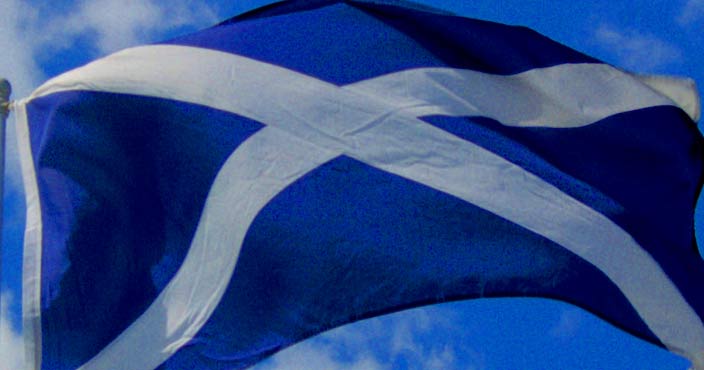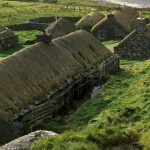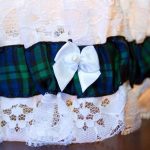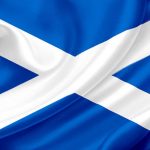It is important to note that spelling was not consistent until dictionaries made it standard in the 1800s. Until this time, spelling was quite fluid and tended to be according to the enumerator or registrar. Often this was done in a manner similar to phonetic spelling. It is not uncommon, then, to find that your ancestor’s surname changed from Clerke, to Clarke and then to Clark. All sound the same in Scotland (clark) and yet the spelling has evolved over time. This becomes important, too, to ensure you don’t rule out people who might be your ancestor, but who you have ignored based on the (mis)spelling of the surname.
As a standard, Scottish Surnames weren’t adopted by the common man until about the 1600s. Prior to that, people were known by patronymics (Donald, son of John or Donald John’s son), by physical trait (John the Red – Red John – for someone who might have been a redhead, by location (Thomas by the burn or Thomas Burn) or by occupation (David the miller or David Miller). Once surnames became common practice, many of these former descriptors were adopted as surnames. Others, particularly the Highlanders or border clans, took on the surname of the clan chief or landowner for the estate they lived or worked on. For this reason, not everyone named Wallace, for example, is related to William Wallace. Nor is every Mc/MacDonald related to the clan chief.
People often have questions about the Mc vs Mac surnames. Some understand that one is Irish and the other is Scottish, while others understand that one is Catholic while the other is Protestant. In reality, they are interchangeable. Both Mc and Mac are the anglicanized spelling of the Gaelic M’ or M’hic. M’hic or M’ for short, means “son of” in Gaelic. This has been transcribed over the centuries as Mc or Mac, depending on the transcriber and their understanding of how the prefix is spelled. In Irish, the common prefix is O’ which is the translation from the Irish Gaelic, again meaning “son of” So whether your ancestors were Mc or Mac, don’t discount the other spelling in the event you might also be discounting your ancestor and his/her documents!
Scottish born, Canadian raised, Christine had the best of both worlds, growing up immersed in Scottish culture. Realizing that others of the Scots diaspora were not as fortunate, she started her business, Genealogy Tours of Scotland to allow others researching their Scottish roots the opportunity to return to the land of their ancestors, conduct family history research and deepen their sense of belonging to their ancestral kin.




